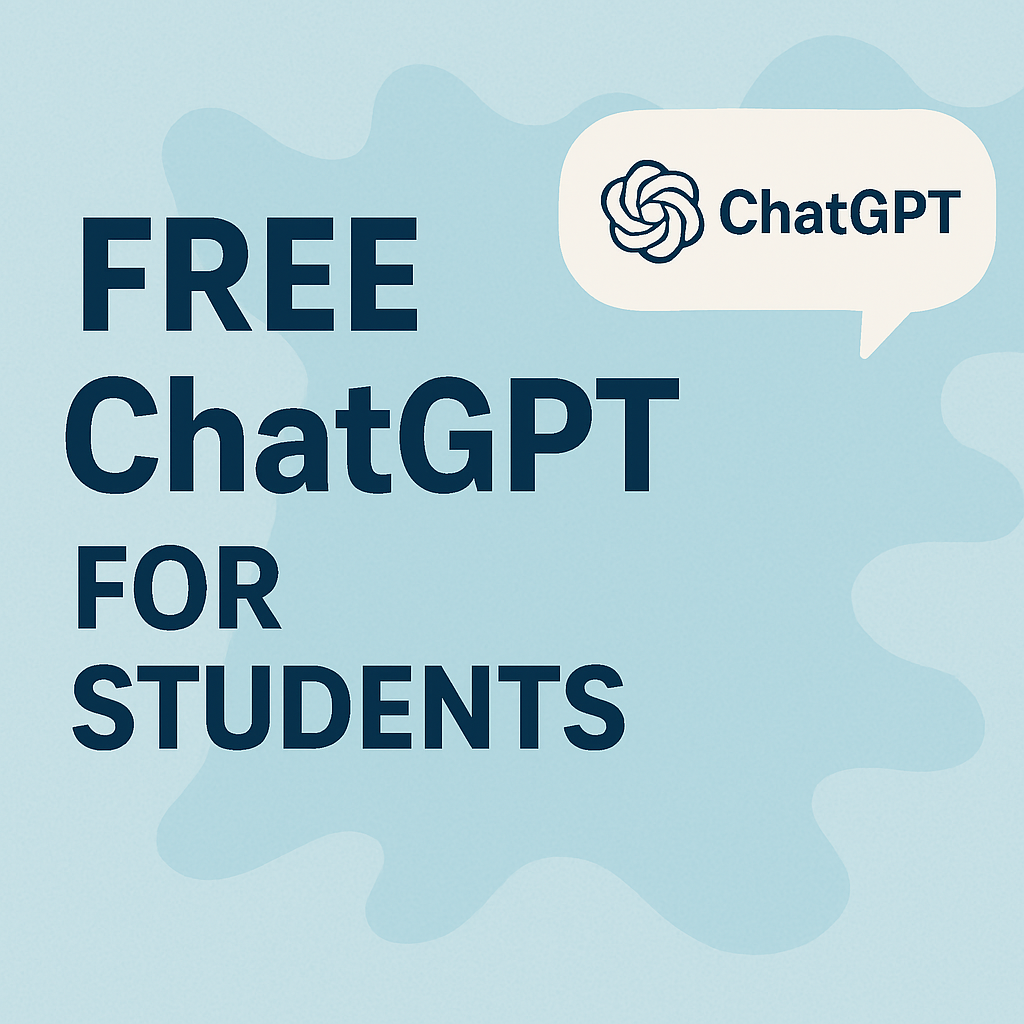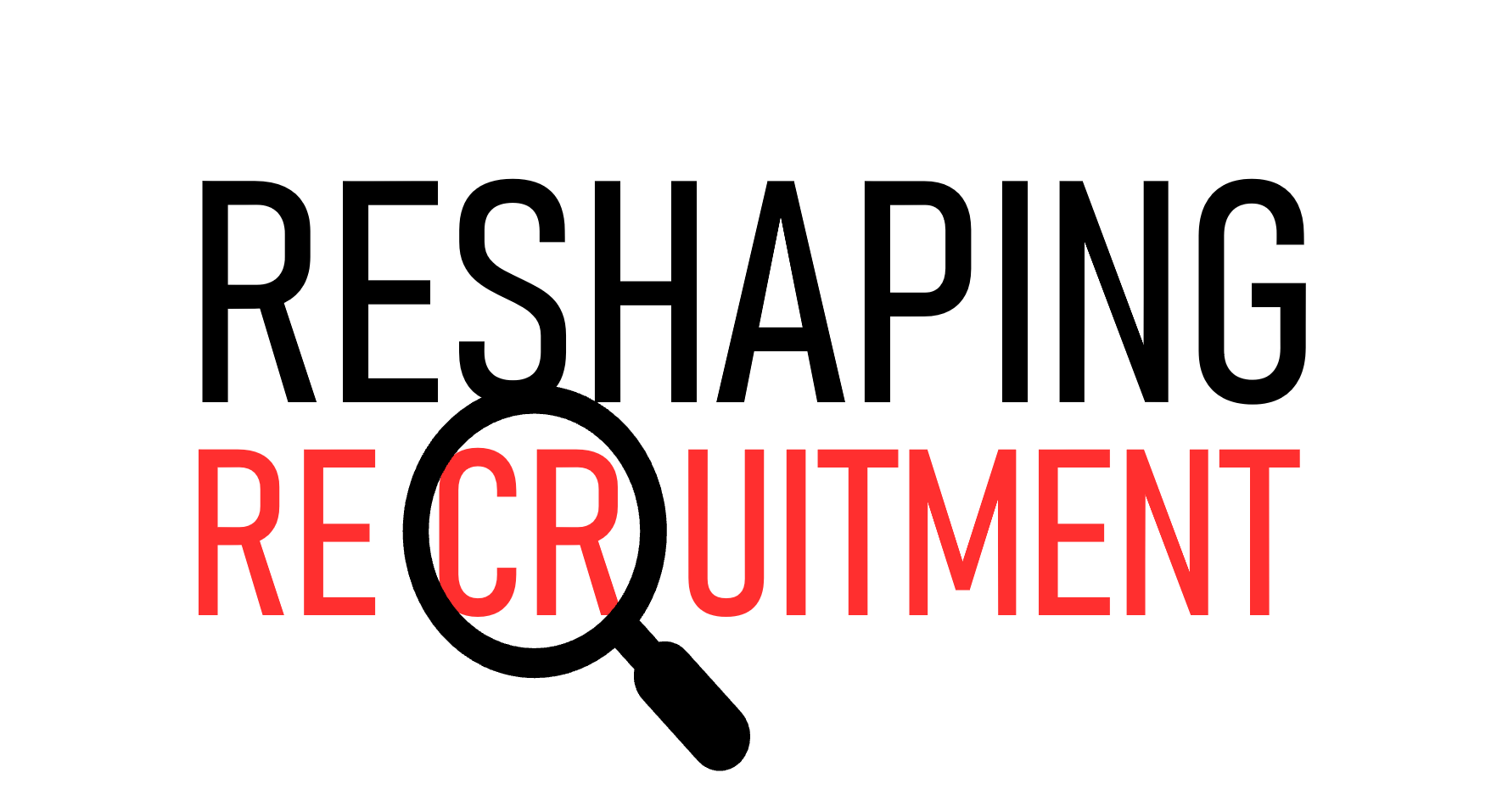
AI Graduates Will Shatter Your Hiring Playbook
AI Graduates Will Shatter Your Hiring Playbook
I watched a college senior ask ChatGPT to write her a customized cover letter for a marketing position. It took 30 seconds. Then she had it analyze the job description to highlight keywords she should emphasize in her interview. Another 45 seconds. That's when I knew: recruitment as we know it is facing an extinction event.
We're about to see the first wave of truly AI-literate graduates enter the workforce. OpenAI just announced they're giving students across the US and Canada free access to ChatGPT Plus from March through May 2025. These aren't just casual AI users – they're being trained with the premium features that most recruiters haven't even explored yet.
And it terrifies me how unprepared most companies are.
The Power Shift No One Is Talking About
For decades, recruiters have had the upper hand in information asymmetry. We knew more about the hiring process than candidates did. We controlled the flow of information. We set the rules of engagement.
That advantage is vanishing overnight.
These AI-trained graduates won't just use ChatGPT to write better resumes. They'll use it to decode your entire AI hiring software stack. They'll prompt AI to analyze your company's interview patterns, predict your assessment questions, and craft perfect responses tailored to your culture.
Think about what happens when your candidates can practice unlimited mock interviews with an AI that's studied thousands of real interviews for roles exactly like yoursuseing AI interview tools.
I've spent over 20 years in recruitment, focusing specifically on high-turnover industries like transportation and logistics. I've watched technology disrupt hiring practices repeatedly. But this shift is different. It's not just about efficiency – it's about fundamentally changing who has the power in the AI-driven recruitment relationship.
When Your Candidates Know More Than Your Recruiters
Here's the uncomfortable truth: most recruiters are using AI tool for HR at a kindergarten level. Meanwhile, these graduates have essentially completed a master class.
This creates a dangerous knowledge gap. When your candidates understand AI in hiring better than your recruitment team does, you've lost control of the process. They'll recognize inefficiencies in your systems. They'll spot automated rejections. They'll identify outdated practices.
And they'll judge you for it.
In my work developing Hybrid AI Workforce strategies, I've seen that the most successful companies aren't those using the most advanced AI – they're the ones that thoughtfully integrate human insight with AI capabilities. But you can't create this integration if your team doesn't understand the technology as well as your candidates do.
The New Non-Negotiables
AI-savvy graduates won't tolerate recruitment processes designed for a pre-AI world. Their expectations have fundamentally changed:
They expect immediate responses. When they can get instant feedback from AI, waiting days for an email feels archaic.
They expect personalization. Generic job descriptions and form rejection letters will drive them away.
They expect efficiency. Multi-stage interview processes with redundant questions will signal to them that your company doesn't value their time.
They expect transparency. If you're using AI screen software to screen their application, they'll want to know how and why.
Most critically, they expect you to use technology thoughtfully. They understand that AI is "a tool no more and no less," as I often say. They'll be looking for evidence that you know how to use that tool properly.
Your Recruitment Engine Needs Rebuilding
If you're still approaching recruitment the same way you did even two years ago, you're already behind. The foundations of effective hiring are shifting beneath our feet.
I've helped companies across industries develop what I call Recruitment Engine Frameworks – systems that combine data-driven decisions with human insight. The companies implementing these frameworks are seeing dramatically better results than those clinging to outdated methods.
This isn't just about adopting new technology. It's about fundamentally rethinking your approach to identifying, attracting, and evaluating talent.
Your AI-fluent candidates will expect AI recruitment experiences that match their technological sophistication. They won't articulate this explicitly – they'll simply gravitate toward employers who demonstrate it, and avoid those who don't.
The Path Forward
How do you prepare for this new reality? Start by acknowledging that your current recruitment playbook likely needs a complete overhaul, not just minor updates.
First, invest in AI literacy for your entire recruitment team. They need to understand not just how to use these tools, but the underlying principles that make them effective.
Second, redesign your candidate journey with the assumption that applicants are using sophisticated AI tools at every stage. How does that change what information you share? How does it affect your evaluation methods?
Third, embrace what I call "automated authenticity" – using AI to handle routine tasks while creating more opportunities for meaningful human connection. The companies that win the talent war won't be those that use AI to replace human judgment, but those that use it to enhance human relationships.
The graduates entering the workforce in 2025 and beyond won't remember a world without AI assistance. They won't distinguish between AI-powered tasks and "regular" work – it's all just work to them.
This isn't speculation. It's already happening. The only question is whether your recruitment strategy will evolve quickly enough to capture this new generation of talent, or whether you'll be left behind, wondering why your old playbook suddenly stopped working.
The recruitment revolution isn't coming.

